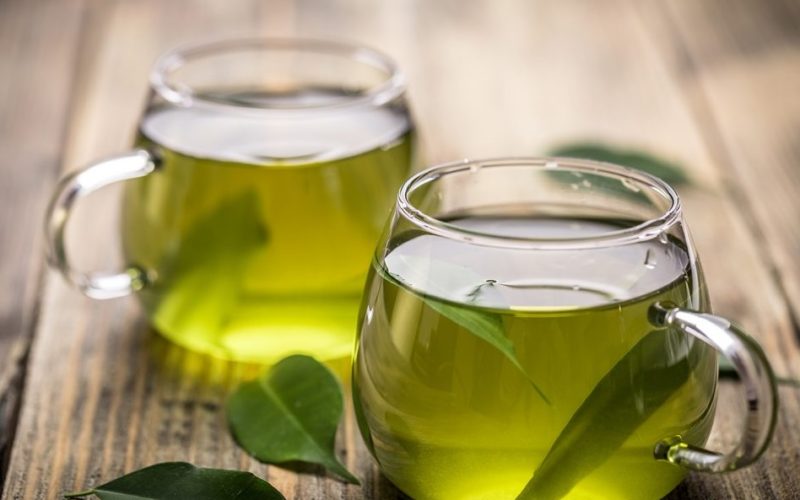By Deepi Brar, M.S.
What is green tea?
Like black tea, green tea comes from the tea plant Camellia sinensis, a fragrant evergreen shrub that thrives in China and India. The leaves are processed differently for green tea, which explains the differences in taste and aroma. Leaves for black tea are fermented and then fired black in an oven; green-tea leaves are simply steamed and dried. Green tea is getting attention these days because many studies suggest that drinking a few cups a day may help prevent certain cancers.
What’s so special about green tea?
Green tea appears to have some power to ward off cancer. Studies have found that tea-drinkers tend to have lower rates of bladder, esophageal, pancreatic, and recurrent breast cancers compared to people who rarely or never drink green tea. (A large Japanese study published in Breast Cancer Research, however, recently found no association between green tea drinking and the risk of breast cancer.) One study also suggested that drinking green tea regularly might also help lower cholesterol levels. Researchers say they need to confirm these findings in large clinical trials before they can be sure that the tea was responsible for those results.
In one human study, green tea helped treat oral leukoplakia (sores in the mouth that are often pre-cancerous). Another preliminary study presented to the American Society of Clinical Oncology in 2010 suggested that a certain antioxidant found in green tea may reduce the number of leukemia cells in patients with a certain type of the disease. And preliminary human research also showed that green tea applied to the skin might help reduce or prevent sunburns.
Green tea is loaded with powerful antioxidants called polyphenols that protect cells from the ravages of oxidation, a chemical reaction that can lead to cancer and the hardened arteries that cause heart disease. In fact, researchers at the University of Kansas say that one antioxidant, a tongue-twister called epigallocatechin gallate, or EGCG, is 25 times more effective in laboratory tests than the much-touted vitamin E at helping cells resist the damage caused by oxidation and helping damaged cells repair themselves. Both black and green teas have the same total polyphenol content, but green tea has about twice the EGCG.
The warmth and steam from any hot beverage can help you breathe easier if you’re congested or have mild asthma. All teas also contain a relative of caffeine called theophylline, a mild stimulant that helps dilate the bronchial tubes in the lungs. In fact, theophylline is an ingredient in many prescription and over-the-counter asthma drugs. (However, tea won’t help lessen a severe asthma attack, so use your medication and/or see a doctor immediately if you have one.)
How safe is it?
Green tea generally contains about half as much caffeine as regular black tea (about 60 milligrams per 6-ounce cup). If you’re sensitive to caffeine, drinking several cups a day may cause stomach upset, irritability, increased heart rate, or difficulty sleeping. Children may be more sensitive to caffeine than adults. Pregnant women should limit their caffeine intake and nursing women should avoid it altogether.
What’s the best way to take it?
If you’re trying to get health benefits from tea, you’ll probably do best drinking it regularly, preferably several times a day. If you don’t like the taste of tea or want to avoid the caffeine, green tea supplements are available in pharmacies and health-food stores. Some green tea supplements provide nearly the same amount of antioxidant polyphenols as four cups of green tea. However, few studies have used these products so we don’t know if they have the same effect as drinking green tea. Be aware that the government doesn’t regulate herbal supplements, so quality and potency can vary from product to product.
Also, beware of commercially prepared green tea products sold in bottles or cans. Some are loaded with sugar, while others have so little green tea that you’d be much better off preparing your own. A recent study presented at a 2010 meeting of the American Chemical Society found some commercial tea drinks contained so little in the way of polyphenols that you would have to drink 20 bottles to get an amount equivalent to one home-brewed cup.

















Leave a Reply